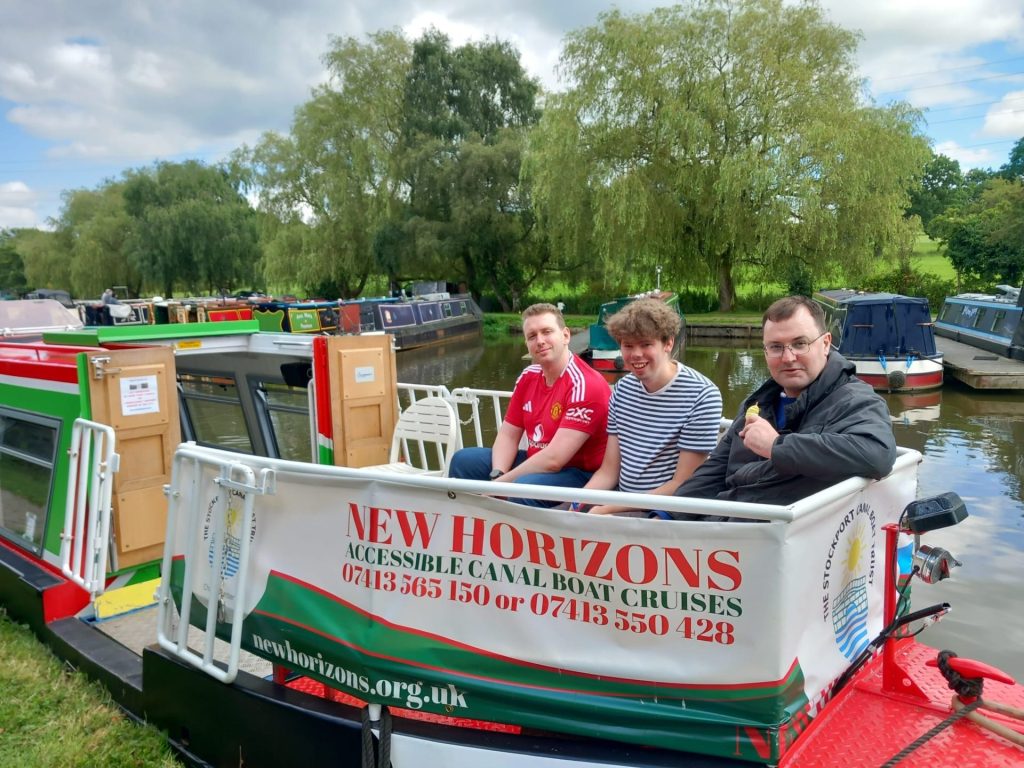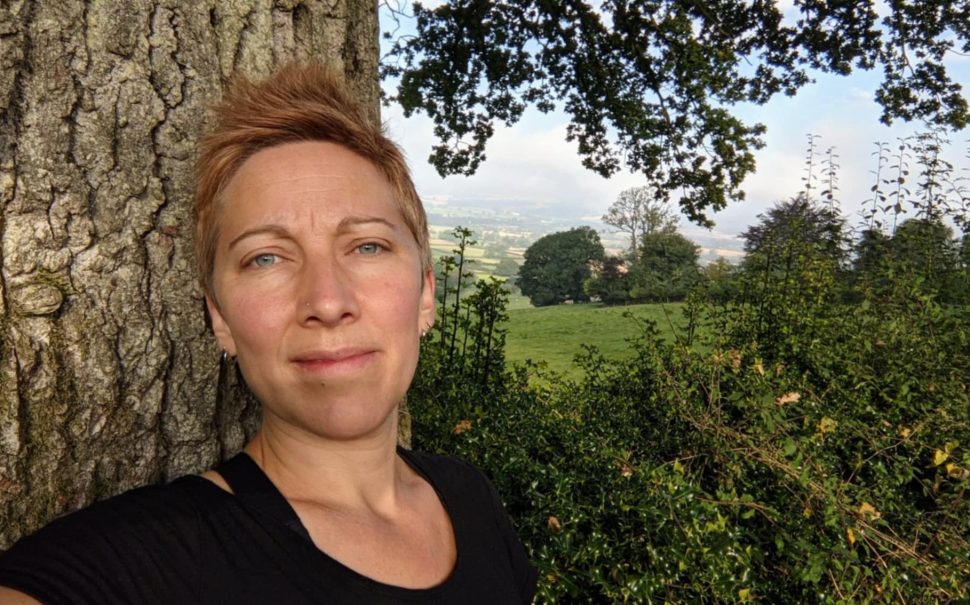Waiting times for young people in Greater Manchester to be first seen by autism services have more than doubled in the space of a year, new NHS data shows.
The region, however, does have lower waits than the NHS England average.
In England young people are waiting on average just under a year to be first seen by NHS autism services, whereas Greater Manchester wait times are over three months.
But the wait times in Greater Manchester have got worse – in just the last year the median wait time for patients’ first contact with NHS autism services has more than doubled from 49 days in September 2023 to 107 days in September 2024.
And some families have waited nearly three years.
Jodie, 10, from Burnage in Greater Manchester, has been battling the NHS autism assessment wait list for years and has lost faith in the services.
They were put on an autism wait list in Year 3 in April 2022. Now in Year 6, nearly three years later, they are still waiting for an answer.
Jodie said: “I’ve been left in the dark and don’t know when the heck I’m going to be assessed.
“Actions speak louder than words. The NHS say they’ll be able to do it and then they won’t do it which is really annoying.”
Jodie explained that they continuously feel let down by the NHS autism services.
They said: “I’m losing faith. It’s hard to describe but I have this feeling of hope and then it’s taken away over and over again.”
Jodie’s mum, Rose, said: “The assessment just keeps getting further and further away which is frustrating because my child has been really struggling with school.
“There are answers in a diagnosis, there are explanations. The current uncertainty is really difficult and quite stressful.”
Nick Foster, CEO of the Greater Manchester autism charity I AM, said a diagnosis is a “liberating experience” for families.

Foster explained that autism assessments were beneficial to families as they allow young people in school to access extra support, including an Education, Health and Care Plan (EHCP).
An EHCP is a legal document for an individual young person aged 0-25 years with special educational needs and disabilities (SEND), which details their educational, health and social care needs and the support needed to achieve these outcomes.
Foster said: “The cost of not having a diagnosis is that families can’t access support or acquire appropriate adjustments in schools or businesses, for example.
“It’s in that lack of support in which the real cost – the human cost – occurs.’’
He explained the reason that these wait times across the region – and England – are increasing is because there is more demand than ever for these autism assessments.
His charity I AM, for instance, is currently “maxed out” providing support.
He added: “My biggest problem at the moment is trying to make sure that we have got the fiscal resources and the HR and people power to be able to deliver as much as we can.”
Figures for the region’s ICB, which is responsible for commissioning autism assessments, showed Greater Manchester was currently the third best ICB in England for wait times, according to the latest figures released last week.
Its neighbouring ICBs did not perform so well – Lancashire ICB ranked 15th out of the 42 ICBs for England, whereas Cheshire and Merseyside ICB was the ninth worst for this measure.
Professor Manisha Kumar, Chief Medical Officer for NHS Greater Manchester Integrated Care Board, said: “We know that children and young people in Greater Manchester are waiting too long for an assessment for autism and recognise how difficult this can be for the individual, and for those that care for them.”
“There has been an enormous rise nationally in demand for autism assessments amid greater awareness, better understanding, and openness about autism. This huge rise has meant that it is difficult for local services to meet the demand for assessments and that some people are waiting for an unacceptable amount of time.
“We know more needs to be done, and we want to reassure the public that everyone involved, is working hard to see people as quickly as possible, offer support and reduce the overall waiting list. When offering appointments, we are prioritising people with the greatest need, and those who have waited longest.
“We are working with partners across the NHS, local authorities, the voluntary sector, and others to provide support to children and young people, that meets their individual needs whilst they are waiting.
“We are also creating online resources to provide more information and support to families and carers; and encourage them to visit the Greater Manchester Autism Hub where they can find help and advice while they wait.”
Jodie and their mum are not alone in their battle against long wait lists for access to NHS autism services.
Fatou Jallow-Sule, 36, from Wythenshawe in Greater Manchester, has been waiting nearly two and a half years for her son Chiagozie, four, to be assessed.
Fatou said: “It’s ridiculous that I can’t access resources to help me handle my son.
“I have no idea how to begin to help him. I just want to know.
“It’s that unknowing feeling that’s just heart-wrenching because you don’t know how to handle your own child.
“We families need an answer to what is happening to our children.”
Featured Image credit: Rose Hodgson




